Not Just a Design: Blue and White Porcelain
One of the most popular patterns associated with Oriental design, blue and white, refers to a wide array of porcelain pottery painted with blue accents. Fired with a white base, the blue pigments are mixed with water, meticulously applied with a brush, and coated with a clear layer of glaze before it is sent into the kiln. In contrast to common presumption, blue and white pottery actually originated in Iraq in the 9th century. Find it hard to believe? You can actually find subtle evidence of Arabic-inspired styles incorporated in the design of Chinese porcelain. Even the shapes of some of the pieces from this period can be compared to that of metalwork in the Middle East.
This style garnered the most popularity in Jingdezhen, China, which was considered the “porcelain capital”, during the 14th century. This was about the time when this cobalt blue pigment was imported from Persia. The substance was considered a rare and expensive commodity with twice the value of gold, rendering it a material investment as well as an artistic one.
An added quality to these cherished pieces is that the bodies are traditionally sculpted of porcelain, rather than earthenware or stoneware. Porcelain and stoneware are very similar in that they are both made of natural materials taken from the earth. Unknown to most, porcelain is actually composed of a type of stone rather than clay. Porcelain holds value due to its demanding manufacturing process and its pure white appearance. When struck, porcelain produces a metallic, ringing sound. This is why porcelain dining ware is generally referred to as “fine china”.
Although this iconic blue and white style was originally only applied to porcelain ceramics, it has since been implemented on to textiles and prints, as well as digital graphics.



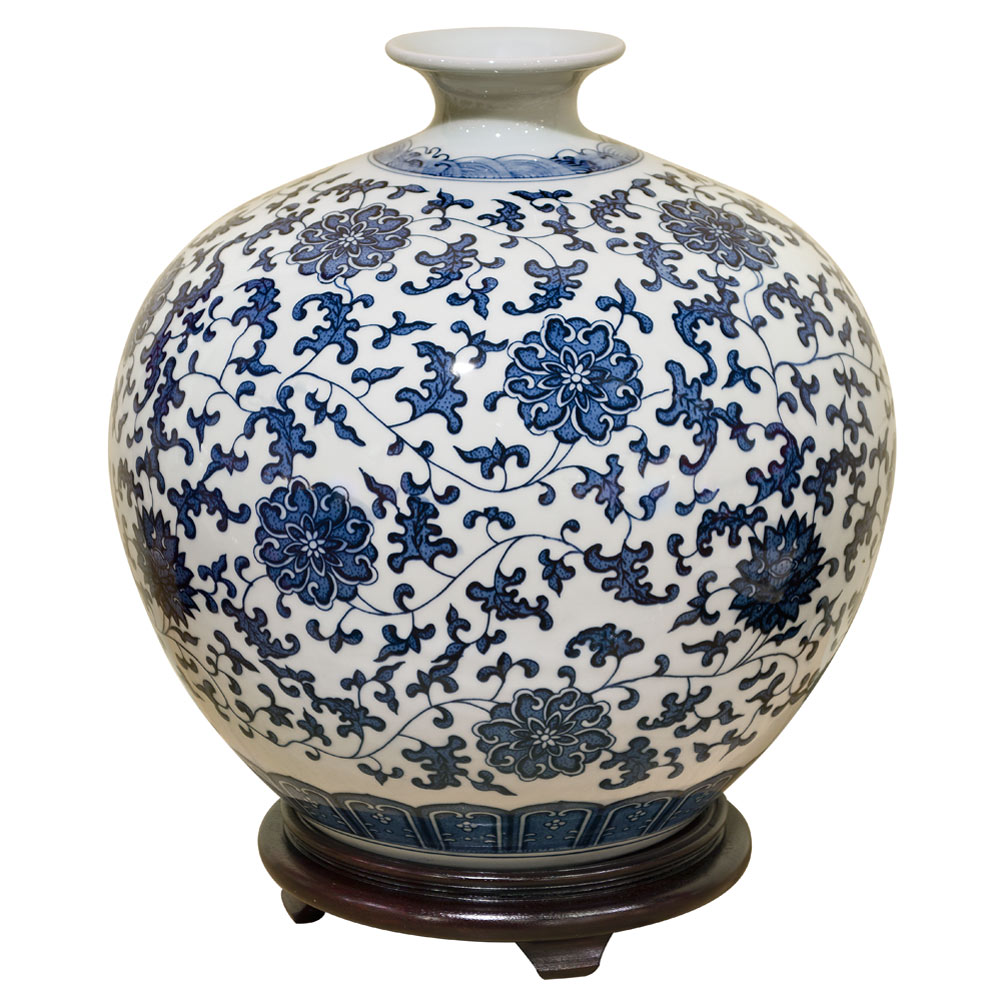
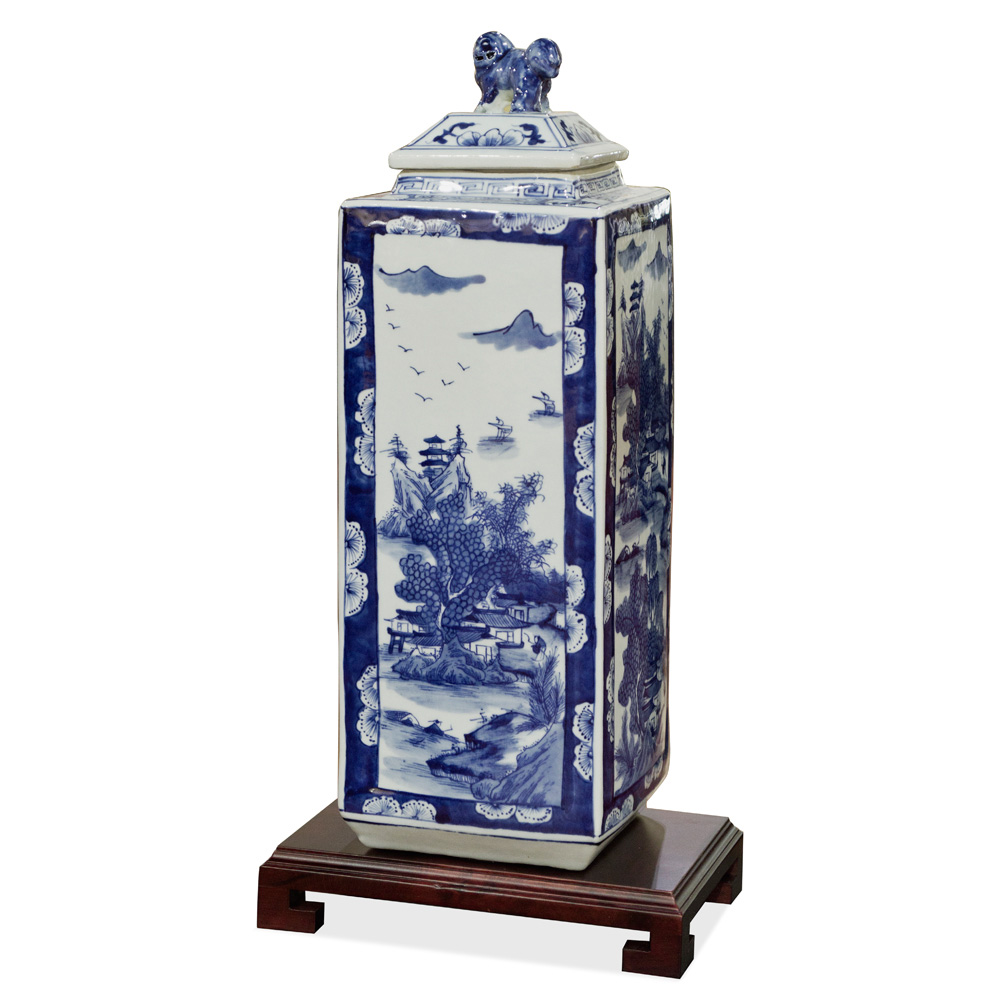
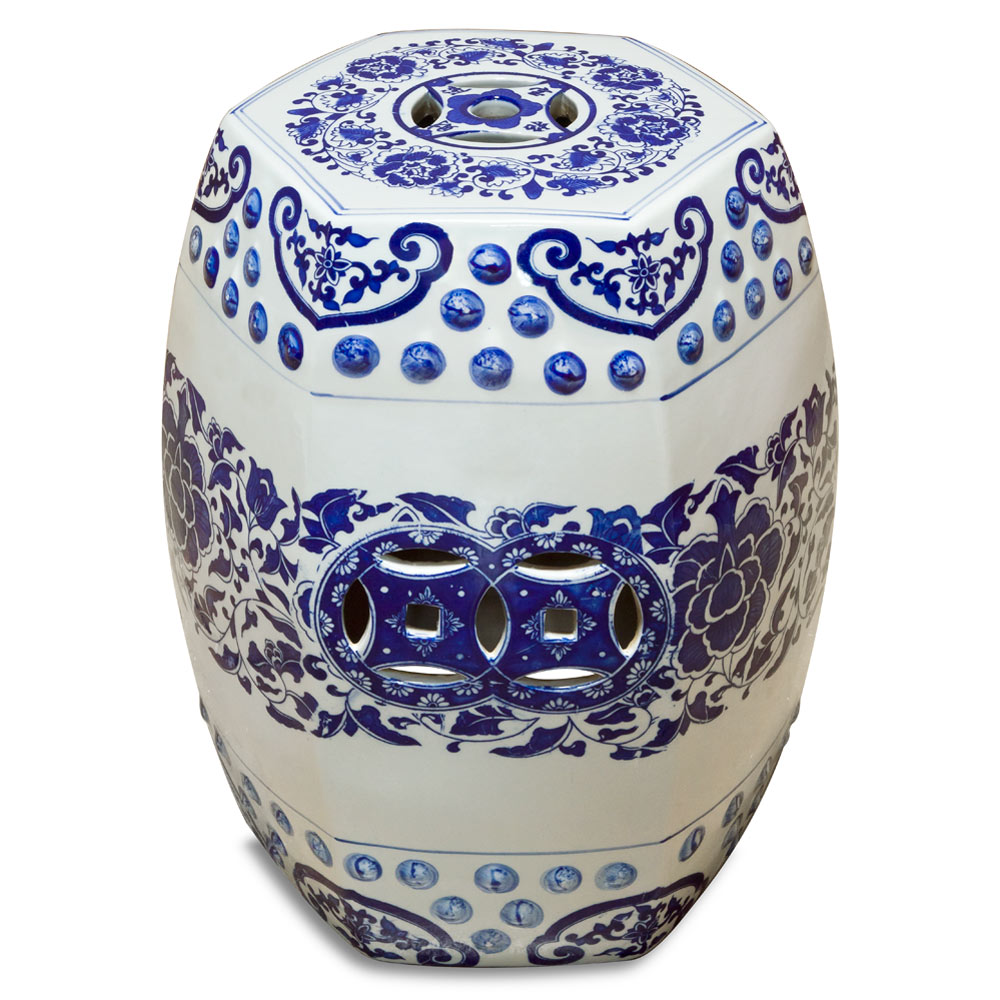
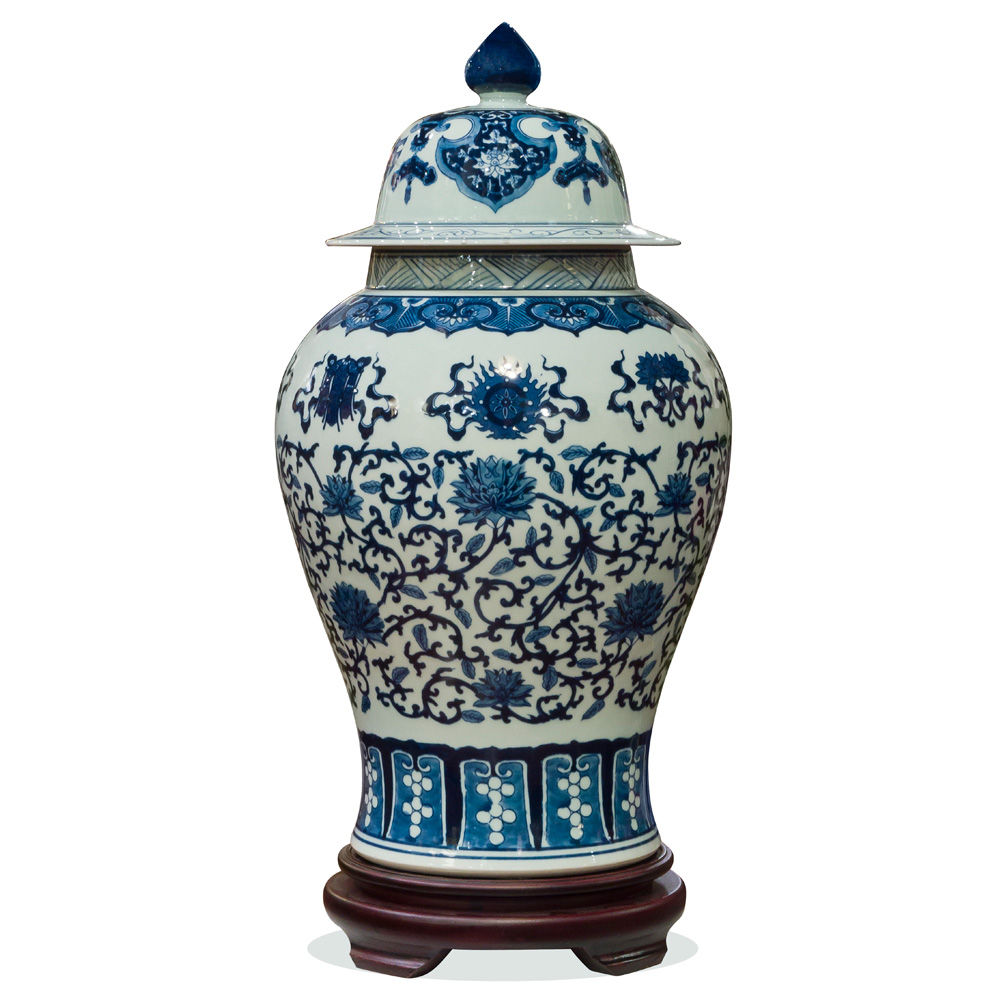
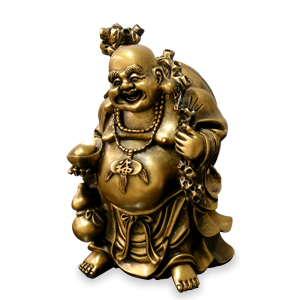
SocialMedia